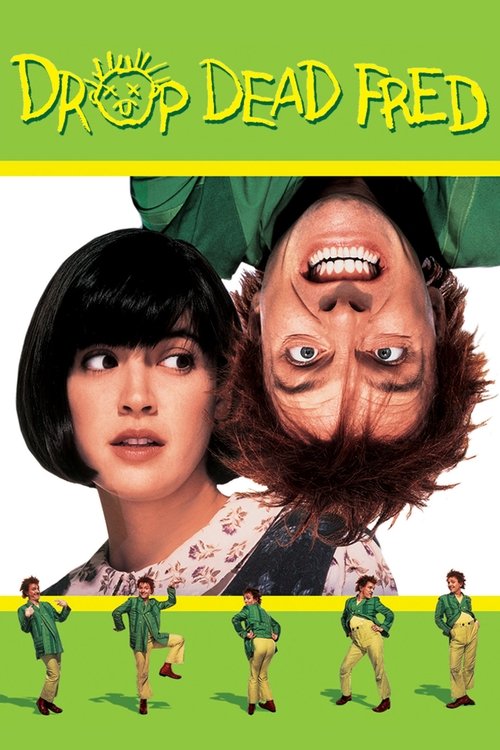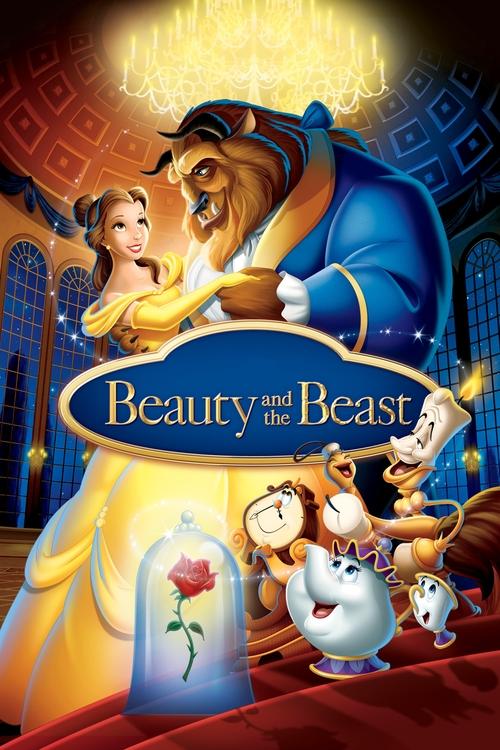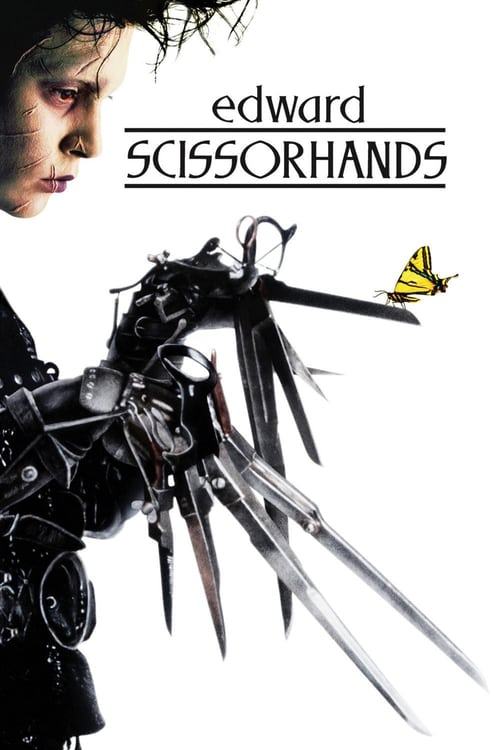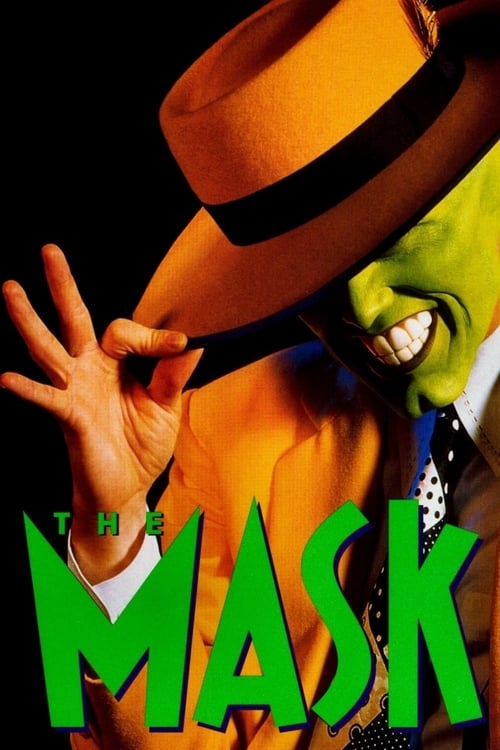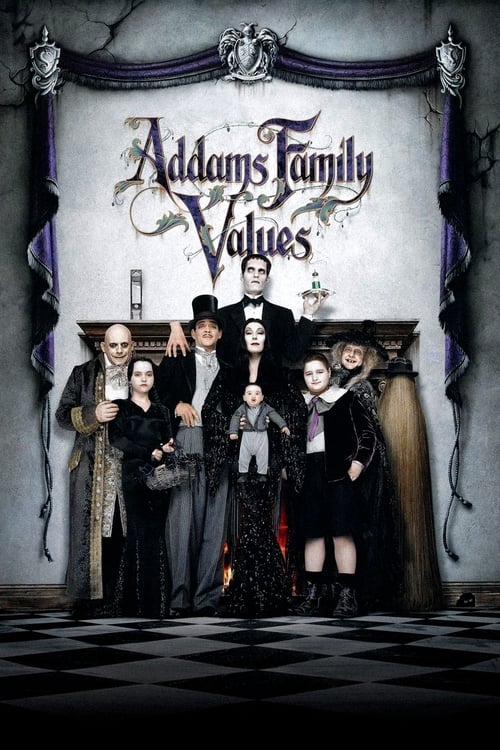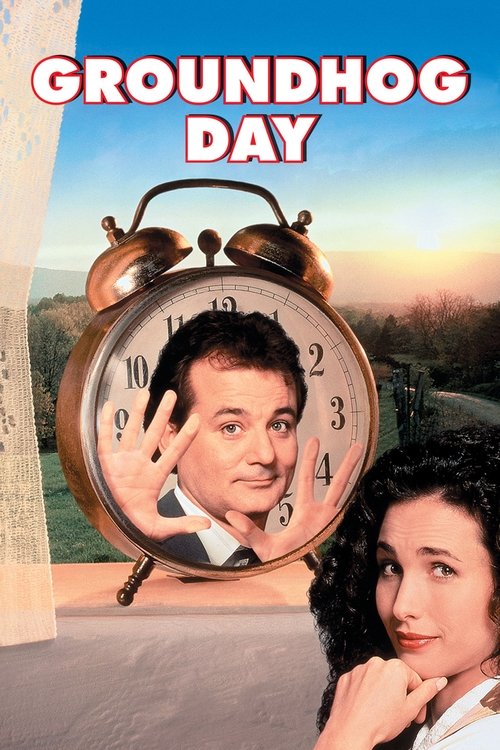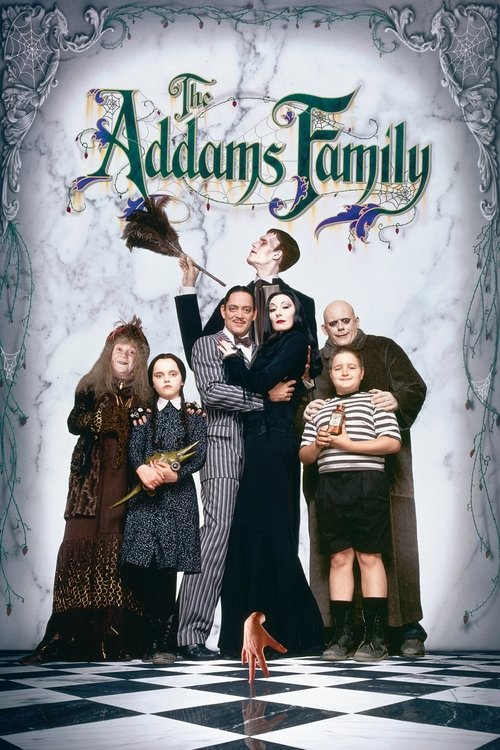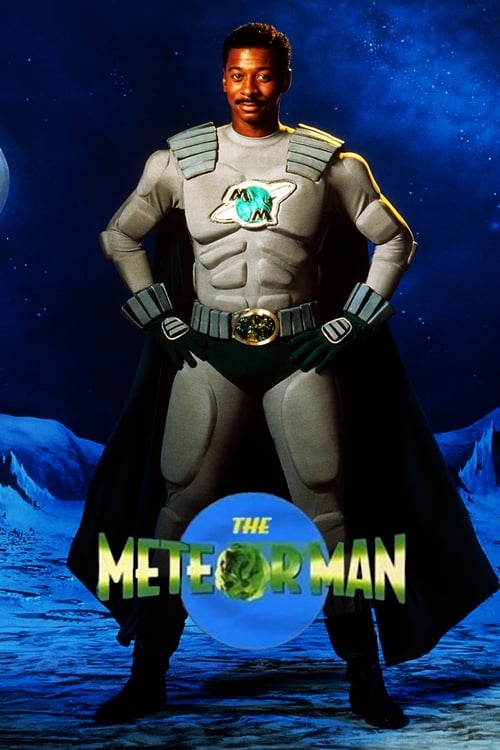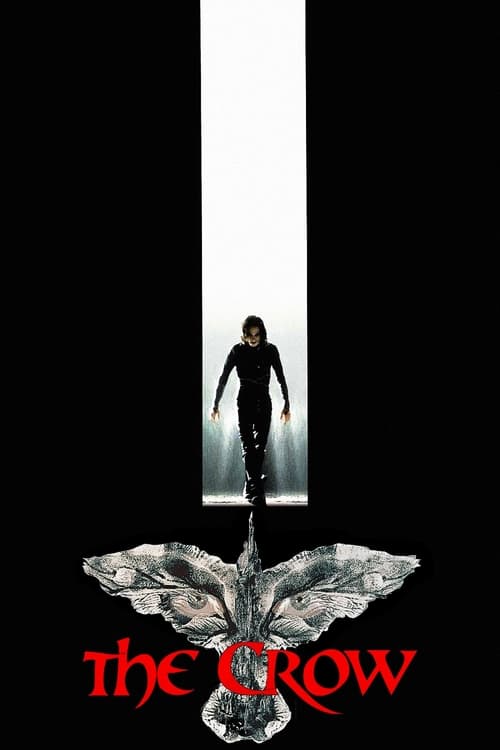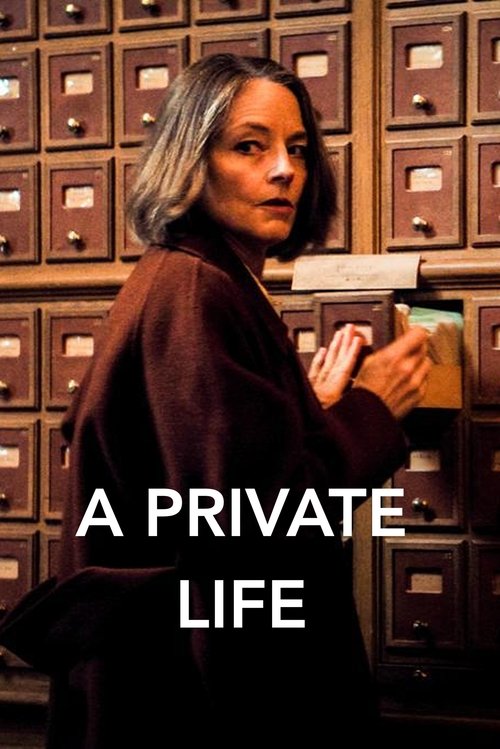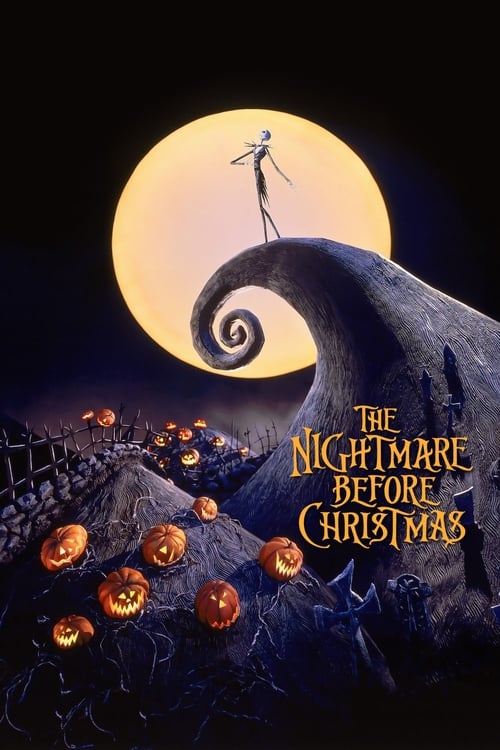
Ask Your Own Question
What is the plot?
What is the ending?
In the ending of "Drop Dead Fred," Elizabeth realizes that she must let go of her imaginary friend, Fred, to move on with her life. After a series of chaotic events, Fred sacrifices himself to help Elizabeth confront her past and reclaim her independence. In the end, Elizabeth embraces her newfound strength, and Fred disappears, leaving her with a sense of closure and the ability to face her future.
As the climax of "Drop Dead Fred" unfolds, we find Elizabeth, played by Phoebe Cates, in a state of emotional turmoil. After a series of misadventures with her mischievous imaginary friend, Fred, portrayed by Rik Mayall, she begins to understand the impact of her childhood and the need to confront her unresolved issues.
Scene by scene, the narrative builds to a poignant conclusion.
In the first scene of the ending, Elizabeth is at her mother's house, where she has been forced to confront her past. The atmosphere is tense, filled with the remnants of her childhood fears and the oppressive presence of her mother, who has always belittled her. Fred, who has been a source of chaos and laughter, begins to realize that his presence is holding Elizabeth back from truly moving forward.
As Elizabeth's relationship with her mother reaches a breaking point, Fred encourages her to stand up for herself. In a moment of clarity, Elizabeth confronts her mother, expressing her feelings of inadequacy and the pain caused by her mother's constant criticism. This confrontation is cathartic for Elizabeth, and it marks a significant turning point in her character development.
In the next scene, Fred, witnessing Elizabeth's growth, understands that his role in her life is coming to an end. He begins to fade, and the playful antics that once defined their relationship take on a more somber tone. Elizabeth, now empowered, realizes that she must let go of Fred to fully embrace her adulthood.
In a heart-wrenching moment, Fred tells Elizabeth that he will always be a part of her, but she must learn to live without him. The emotional weight of this scene is palpable, as both characters grapple with the bittersweet nature of their bond. Fred's sacrifice symbolizes the necessity of letting go of childhood fantasies to face the realities of adult life.
As Fred disappears, Elizabeth is left standing alone, but she is transformed. The chaos that once surrounded her begins to dissipate, and she feels a sense of liberation. The final scenes show her taking control of her life, making decisions that reflect her newfound confidence.
In the closing moments, Elizabeth is seen smiling, a stark contrast to the uncertainty that plagued her throughout the film. She has embraced her independence, and the audience is left with the impression that she is ready to face whatever comes next.
The fate of each main character is clear: Elizabeth emerges stronger and more self-assured, having confronted her past and her mother. Fred, while he fades away, leaves behind a legacy of laughter and the importance of imagination, reminding Elizabeth of the joy that can come from embracing one's inner child. The film concludes with a sense of hope, emphasizing the journey of self-discovery and the importance of moving forward.
Is there a post-credit scene?
The movie "Drop Dead Fred," produced in 1991, does not have a post-credit scene. The film concludes with the resolution of its main plot, where the protagonist, Elizabeth, confronts her childhood fears and ultimately learns to embrace her independence and self-identity. The story wraps up with her newfound confidence and a sense of closure regarding her relationship with her imaginary friend, Fred. As the credits roll, there are no additional scenes or content that follow.
What is the significance of Fred's character in Elizabeth's life?
Fred, the imaginary friend, represents Elizabeth's childhood innocence and the freedom she once had. His chaotic and mischievous nature serves as a catalyst for Elizabeth to confront her repressed emotions and the constraints of her adult life. As she reconnects with Fred, she begins to reclaim her identity and challenge the expectations placed upon her.
How does Elizabeth's relationship with her mother affect the story?
Elizabeth's relationship with her mother, who is controlling and critical, plays a crucial role in shaping Elizabeth's insecurities and her need for Fred. Her mother's disapproval and lack of support contribute to Elizabeth's struggles with self-worth and her eventual journey towards independence and self-acceptance.
What role does the character of Mickey play in Elizabeth's life?
Mickey, Elizabeth's husband, embodies the adult world's expectations and pressures. His dismissive attitude towards Elizabeth and her connection with Fred highlights the contrast between her childhood joy and her current dissatisfaction. Mickey's infidelity and lack of understanding push Elizabeth further into her emotional turmoil, ultimately leading her to embrace her true self.
How does the film depict the theme of imagination versus reality?
The film illustrates the tension between imagination and reality through Elizabeth's interactions with Fred. As an adult, she struggles to reconcile her whimsical past with the harshness of her present life. Fred's antics often disrupt the mundane reality around her, forcing Elizabeth to confront her fears and desires, ultimately leading her to a more authentic existence.
What are some of the key moments that showcase Fred's impact on Elizabeth's transformation?
Key moments include Fred's encouragement for Elizabeth to stand up to her mother and Mickey, such as when he helps her confront her fears by causing chaos at her workplace and during social events. These moments serve as turning points for Elizabeth, allowing her to break free from her inhibitions and embrace her true self, culminating in her decision to leave Mickey and reclaim her life.
Is this family friendly?
"Drop Dead Fred," produced in 1991, is a comedy that features themes and scenes that may not be suitable for all children or sensitive viewers. Here are some potentially objectionable or upsetting aspects:
-
Mature Themes: The film explores themes of childhood trauma, mental health, and the impact of a dysfunctional family, which may be difficult for younger audiences to understand.
-
Language: There are instances of mild profanity and crude humor that may not be appropriate for children.
-
Destruction and Chaos: Drop Dead Fred, the imaginary friend, engages in destructive behavior, causing chaos in various settings, which could be unsettling for some viewers.
-
Emotional Turmoil: The protagonist, Lizzie, experiences significant emotional distress, including feelings of abandonment and frustration, which may resonate negatively with sensitive viewers.
-
Adult Situations: There are references to adult relationships and situations that may not be suitable for younger audiences.
-
Imaginary Friend's Antics: Some of the antics of Drop Dead Fred, while comedic, can be disruptive and may portray negative behavior that could be misinterpreted by children.
Overall, while the film has comedic elements, its underlying themes and certain scenes may not be considered family-friendly for all viewers.

